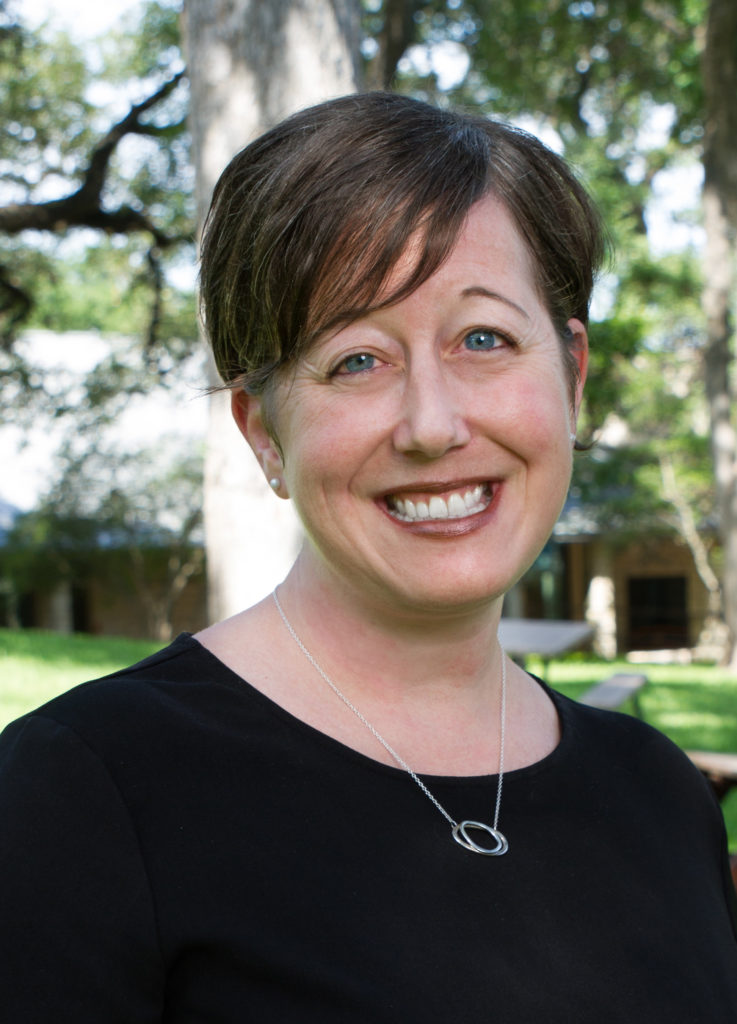I love my work as a counselor. In college, I spent time praying and wondering which career path God might be calling and guiding me towards. A single thought kept occurring to me:
“I want to spend my life helping others.”
Since then, I’ve earned a masters and doctorate degree. I’ve worked at the VA, community agencies, and opened my own private practice. Twenty years later I’m so glad I chose a field that’s allowed me to make a comfortable living and be there for my family, while doing such deeply meaningful work. Then, a few years ago, I began teaching at the Seminary of the Southwest and I found myself suddenly among colleagues who are actively working to integrate spirituality and theology with the practice of professional counseling and psychology. It felt like a puzzle piece fell into place I hadn’t even known was missing.
Counseling and Spirituality
A shift has taken place in the field of professional counseling since I began, and this involves a growing interest and emphasis on spiritual health and wellness. Recent research from neuroscience has supported what faith communities have taught for centuries — we are spiritual beings. The professional counseling field has a division devoted to ethical, religious and spiritual values in counseling. This division of the American Counseling Association recognizes that clients’ beliefs (or absence of beliefs) about spirituality and/or religion are central to their worldview and can influence psychosocial functioning.
Counseling and Theology
One unique aspect of the counseling program here at the Seminary of the Southwest is the way we equip students to integrate counseling and spirituality. Each counseling student takes four core courses to support their exploration of world religions, understanding of how to interpret religious texts, and application of theology and ethics to the practice of professional counseling.
As an Episcopal school, we offer reflections and spiritual practices from the Christian tradition to sustain our students’ health and wellness. At the same time, we’re a diverse program with students of different backgrounds and faith traditions. Our goal is to support our students choosing whatever spiritual practices they believe will sustain their work as a vibrant, attuned counselor able to work effectively with diverse client populations.
Spirituality in the Counseling Room
We live in increasingly pluralistic, diverse, multicultural communities. Our counseling program is designed to help our students work in a positive and culturally connective way with those of all spiritual, faith, and religious backgrounds. Clients may or may not bring up matters of spirituality in the counseling room, and often counseling focuses on something going on in a client’s life — whatever goals or life areas are most pressing for the client.
Whether or not it’s a direct focus of counseling, our students are equipped to take into consideration the whole person and the big picture of a client’s development across the lifespan.
Through this lens, they get to know each as a unique individual. Every counseling relationship and work looks different. The goals that are most important to the client guide the plan and approach; in this way counselors can attune to the person and their specific needs, and work to support the cultural, social, and family relationships that the client holds dear.
It’s been such a joy to work and teach in a learning community committed to the whole person, while respecting individual differences, and cultural diversity. This emphasis is something I’ve come to value for its depth and effectiveness. It offers students practical tools for working with clients who are suffering, and supporting physical, mental, emotional and spiritual wellness.
I’m so grateful the Seminary of the Southwest brings all of those rich components together in a single counseling program.


